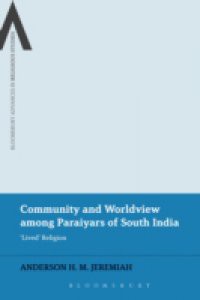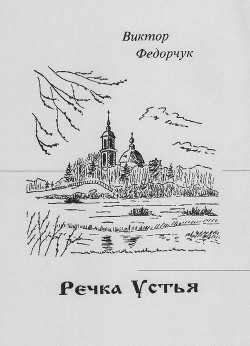This volume presents a detailed ethnographic study of rural Paraiyar communities in South India, focusing on their religions and cultural identity. Formerly known as Dalits, or Untouchables, these are a largely socially marginalised group living within a dynamic and complex social matrix dominated by the caste system and its social and religious implications in India. Through examining Paraiyar Christian communities, the author provides a comprehensive understanding of Paraiyar religious worldviews within the dominant Hindu religious worldview. In contrast to existing research, this volume places the Paraiyars within their wider social context, ascribed and achieved identity, religious symbolism and ritual and negotiation of social boundaries. In arguing that the Paraiyars help us to understand religion as 'lived', the author removes the concept 'religion' from the reified forms it so often obtains in textbooks. Instead, Jeremiah demonstrates that it is only in local and specific contexts, as opposed to essentialised notions, that 'religion' either makes any sense or that theories concerning it can be tested.




















